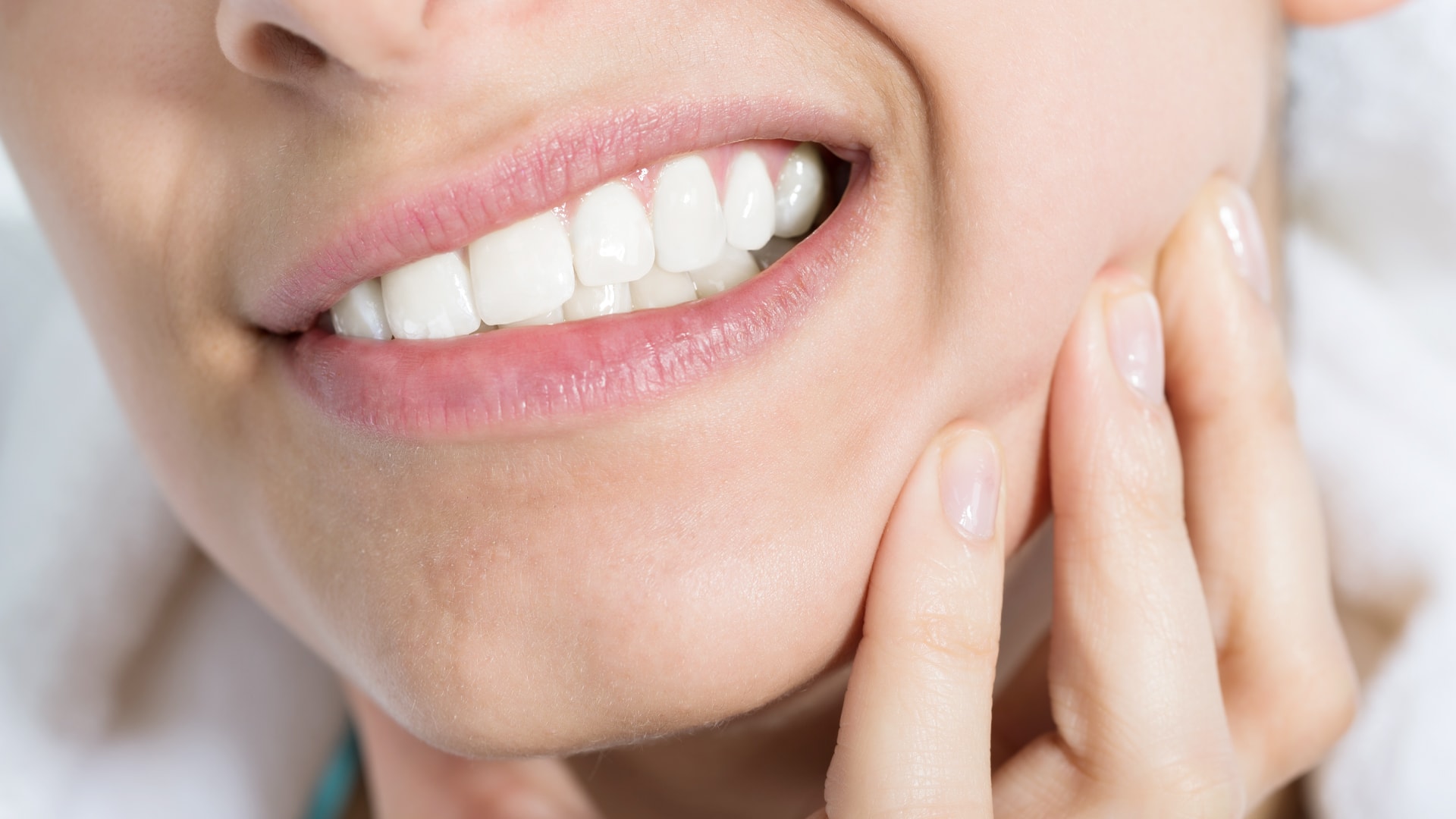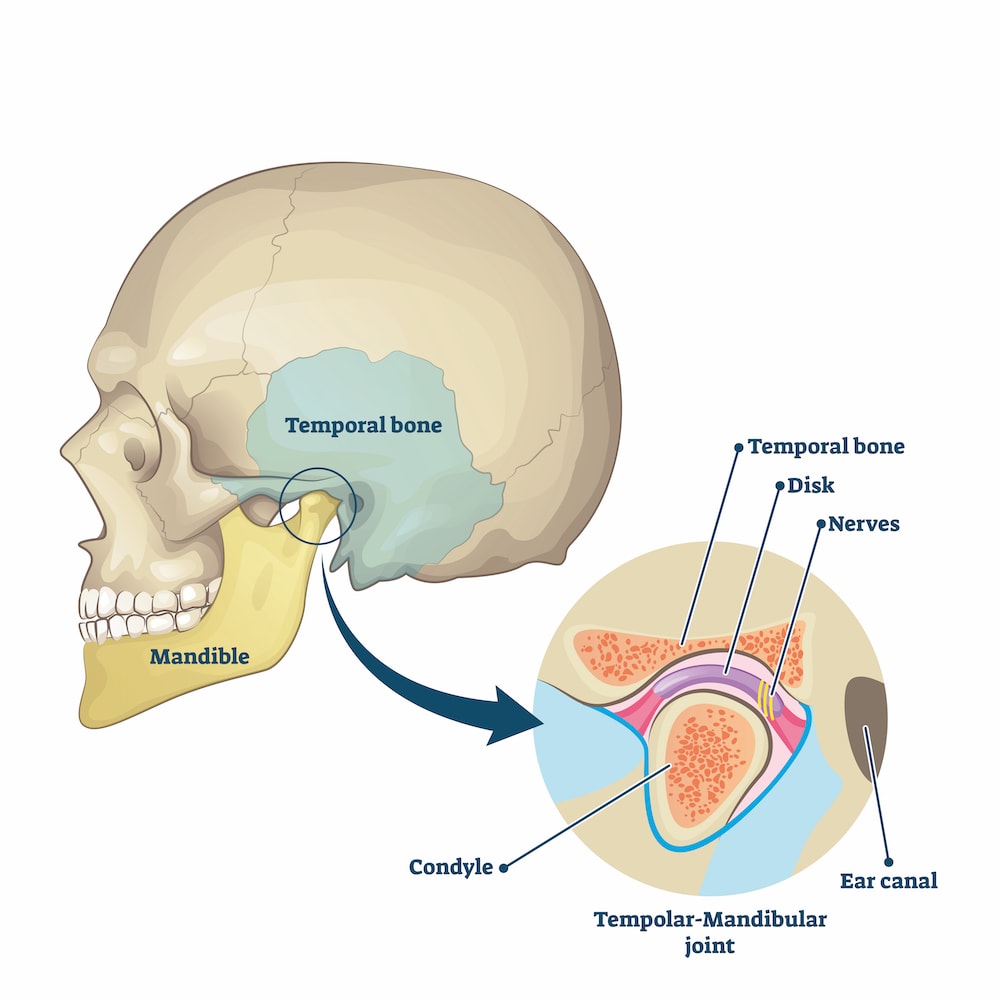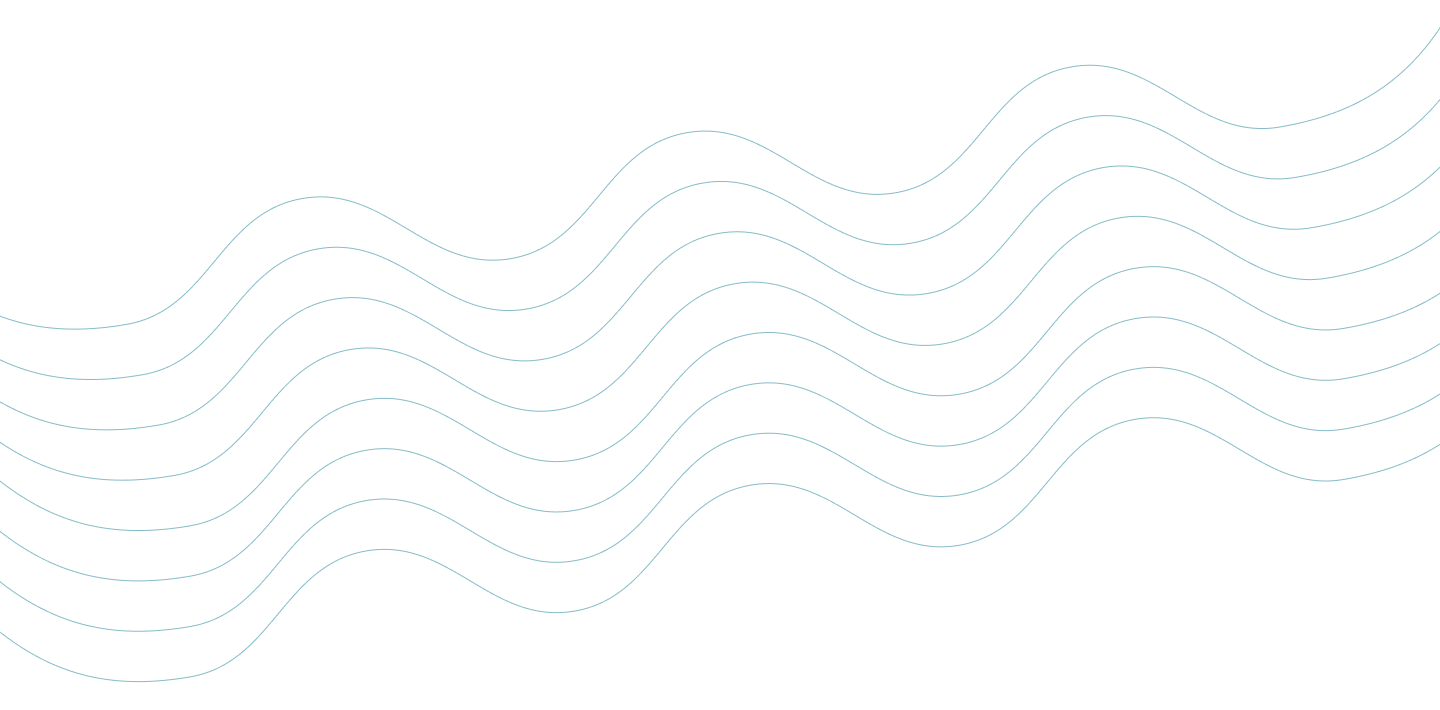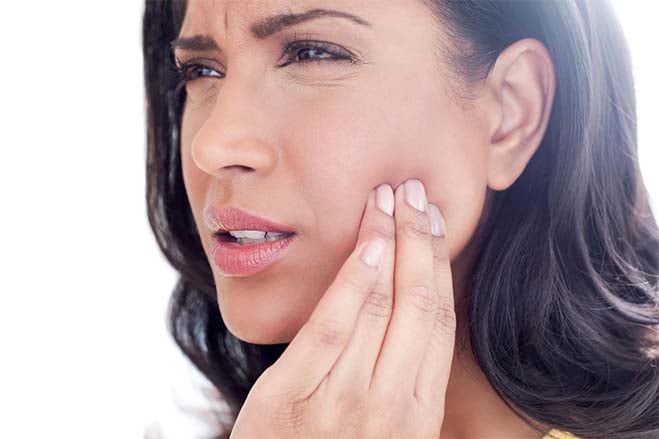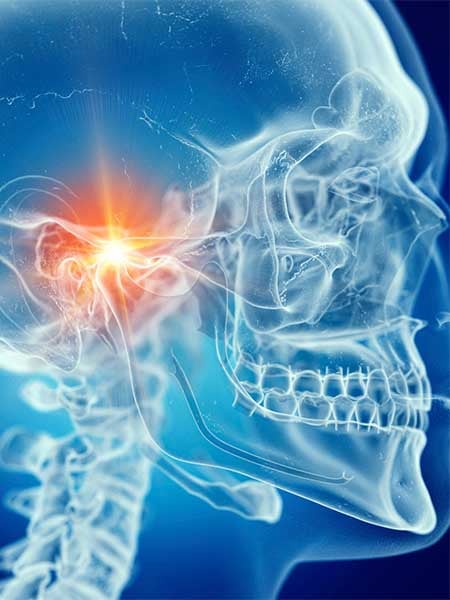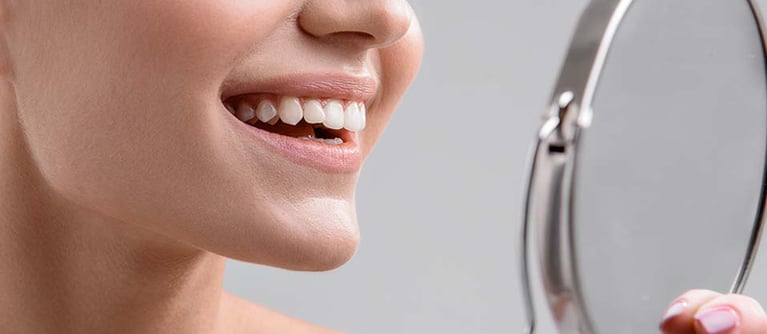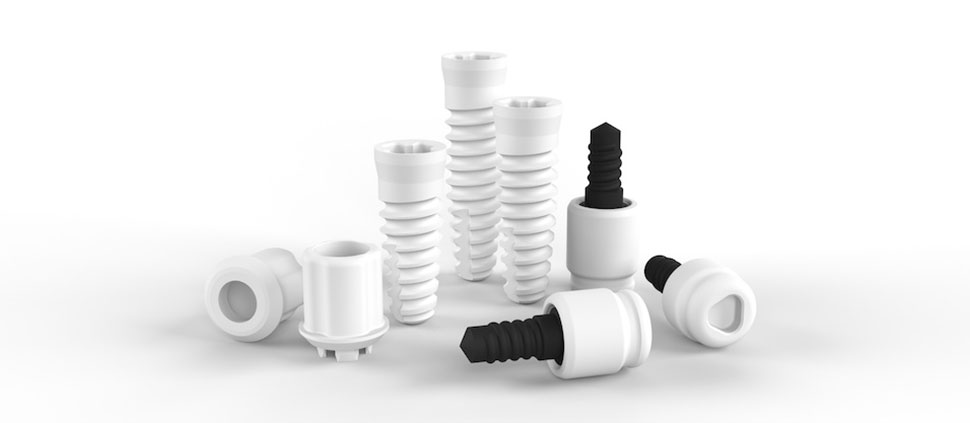TMJ disorder can cause you many inconvenient symptoms, especially:
TMJ disorder stems from problems in one or a combination of three areas:
- The chewing muscles around your temples and cheeks that work to move your jaw joint
- The cartilage disc within your jaw joint that functions as a shock absorber and lubricant
- The bones that are involved within your temporomandibular joint (TMJ)
The main causes of TMJ disorder are usually:
- The overloading of your jaw joint from prolonged and heavy stresses, for example, from habitually clenching or grinding your teeth (often silently and unknowingly whilst you are asleep).
- Trauma to your temporomandibular joint (TMJ), such as from a blow to your lower jaw or face, indirectly or directly.
- Arthritis (inflammation) of your jaw joint, which is a degenerative process. This is often associated with certain medical conditions such as – Osteoarthritis, Rheumatoid Arthritis, Psoriatic Arthritis, and Sjogren’s Syndrome, etc.
In many patients however, the cause of TMJ disorder may stem from different sources and may not be fully clear.





